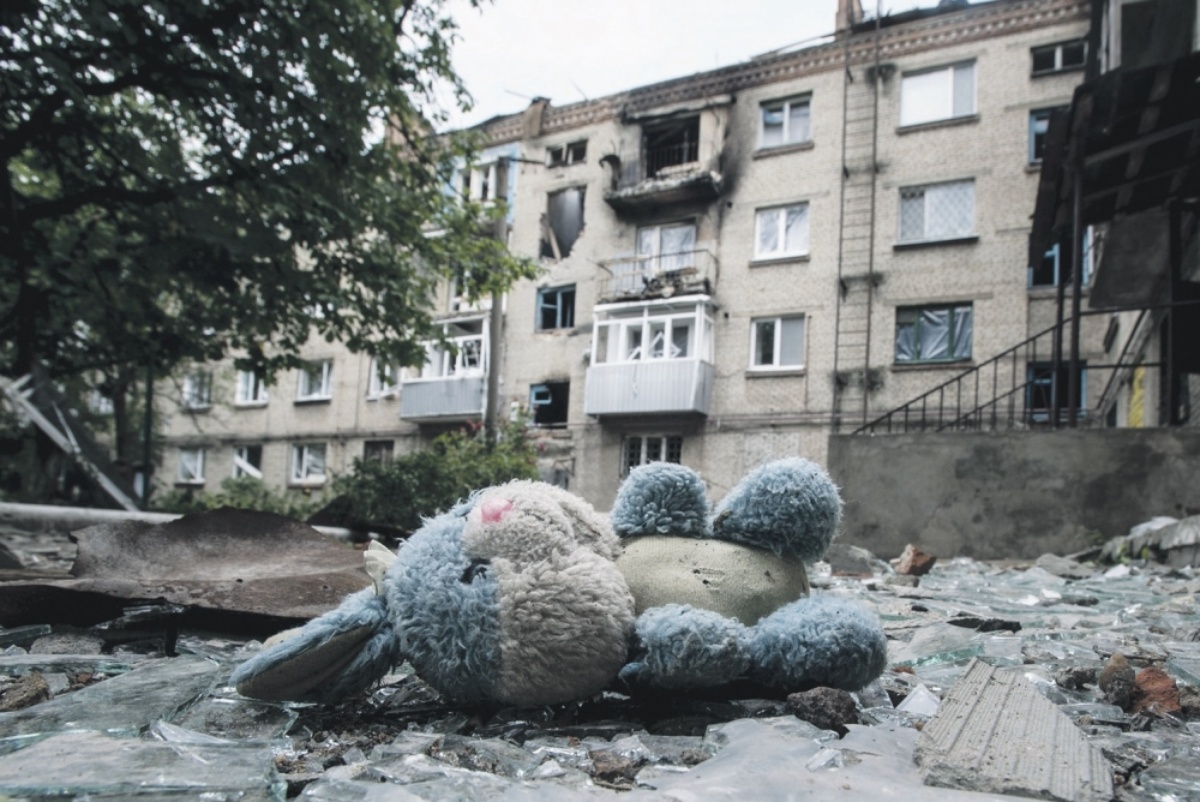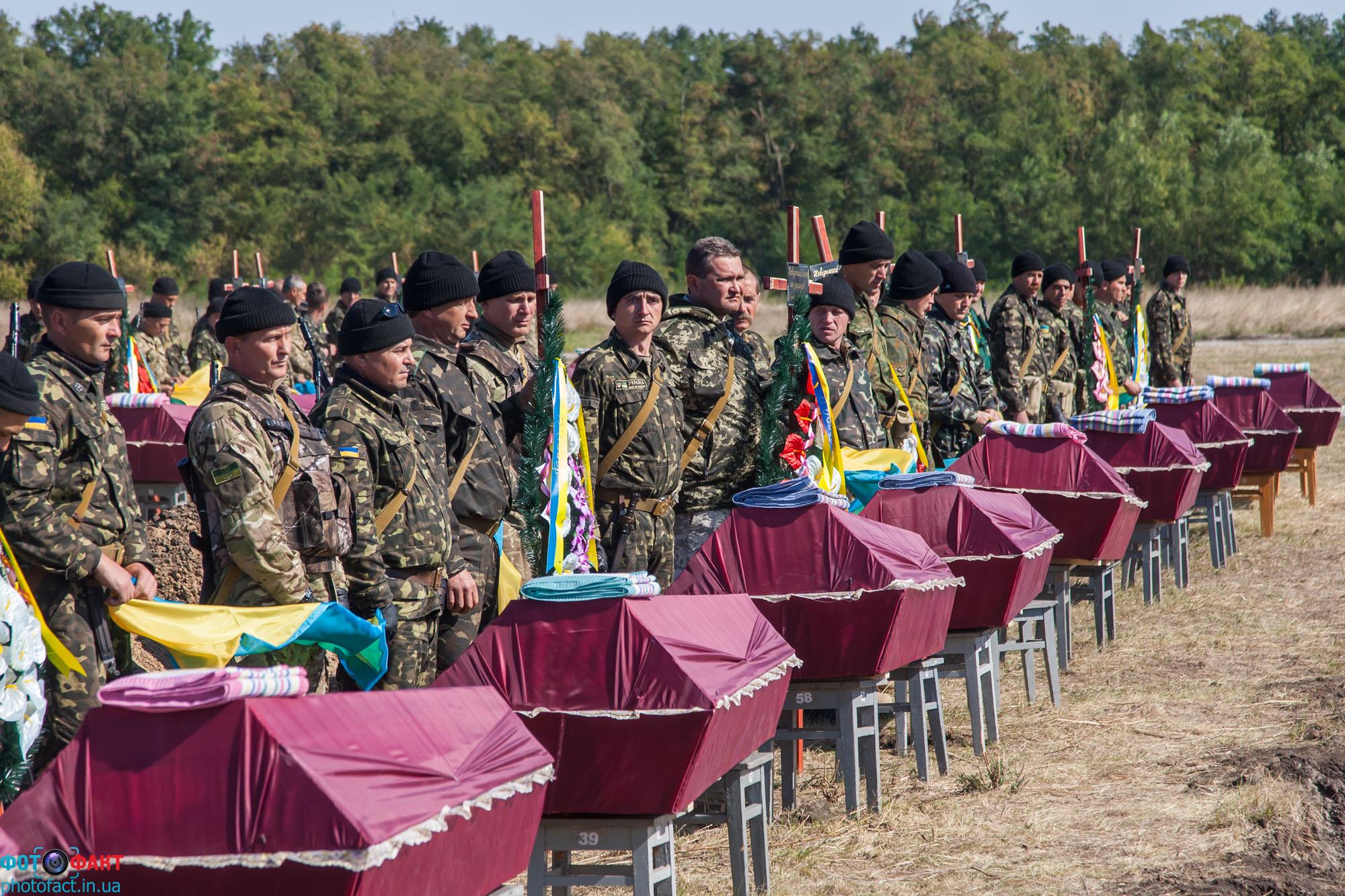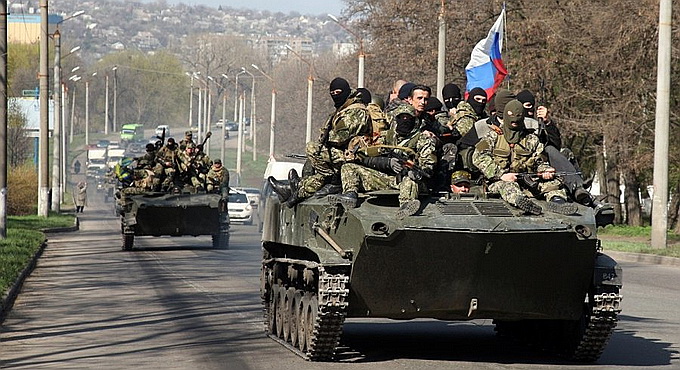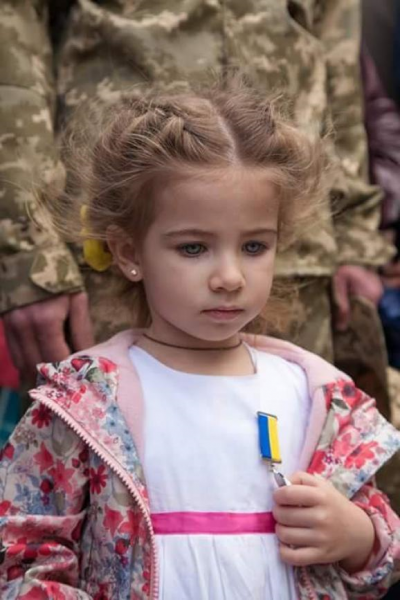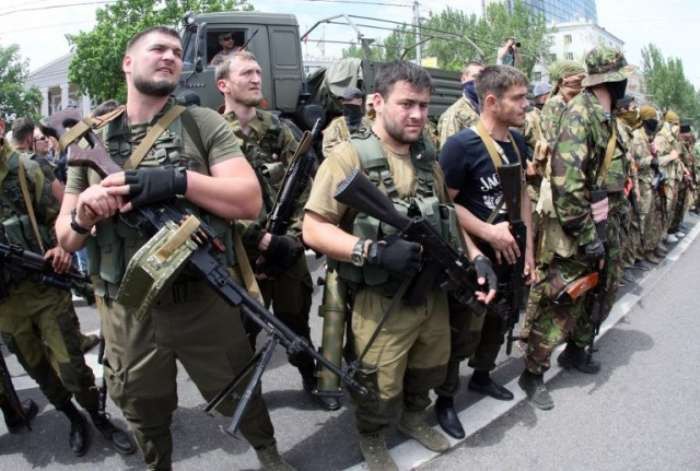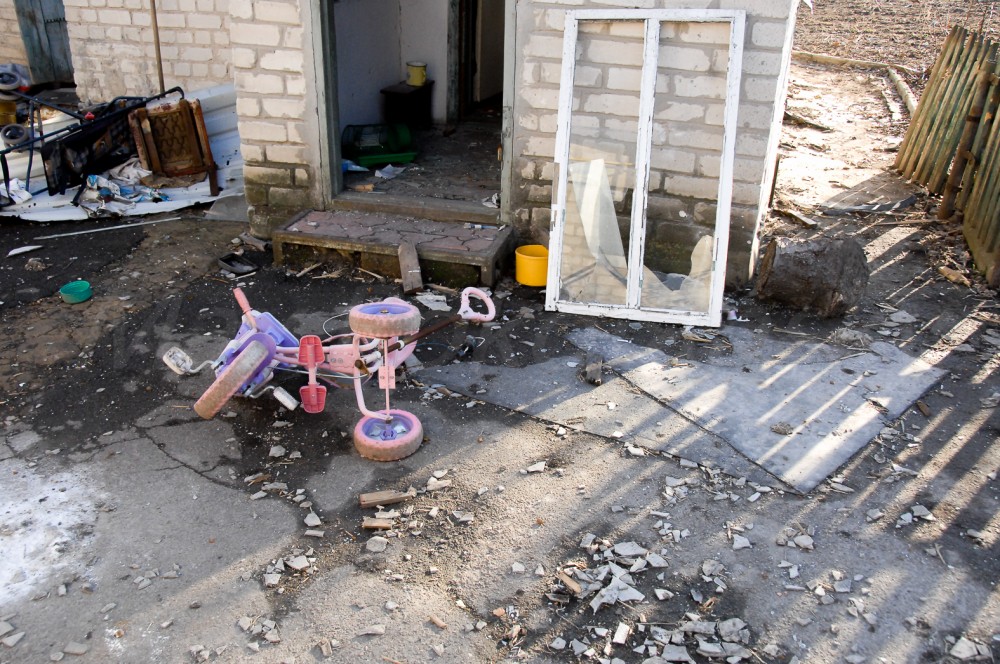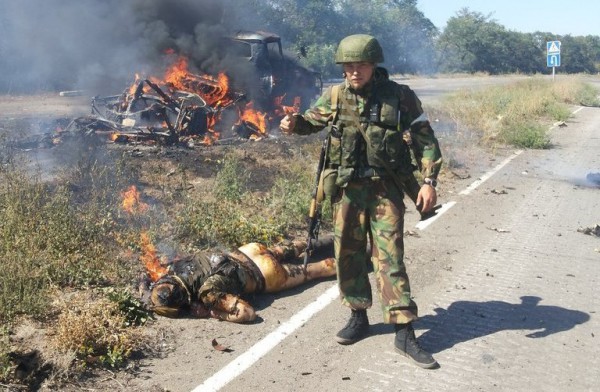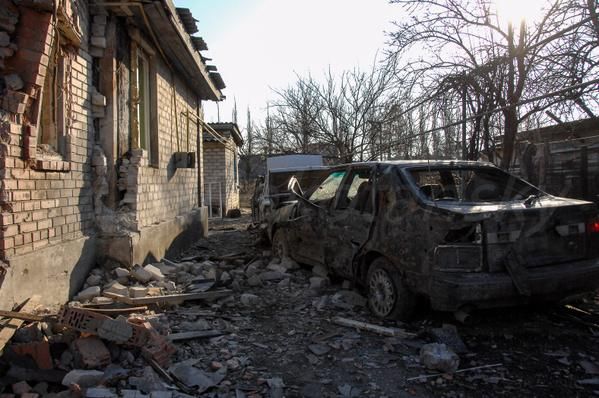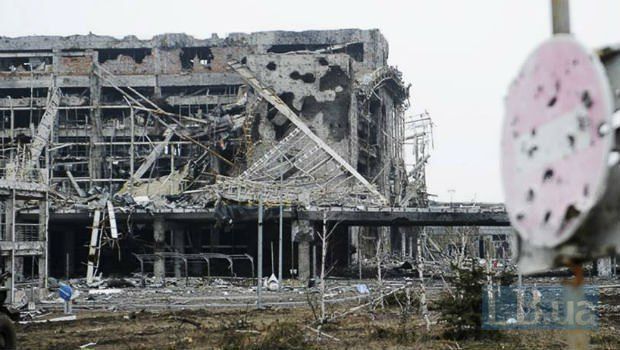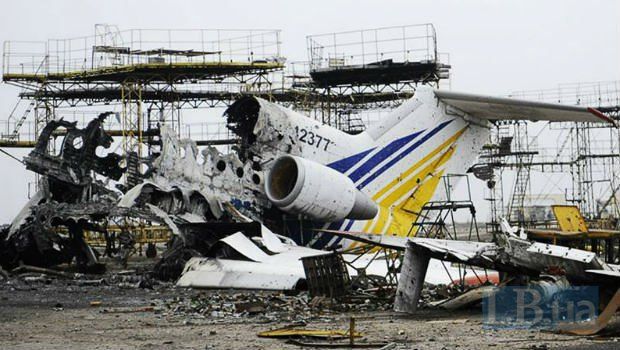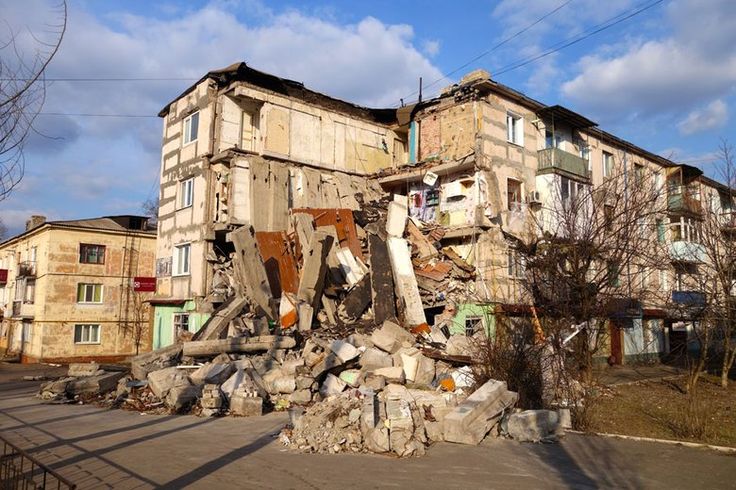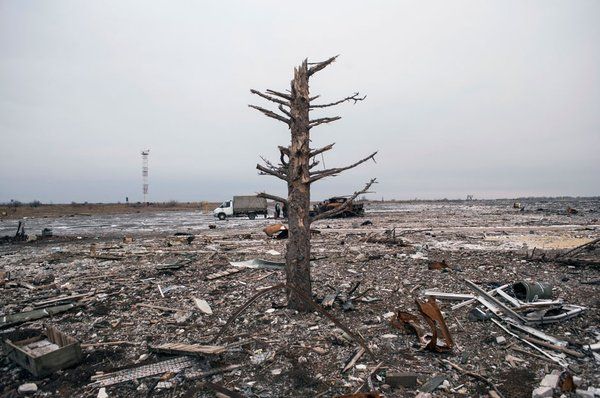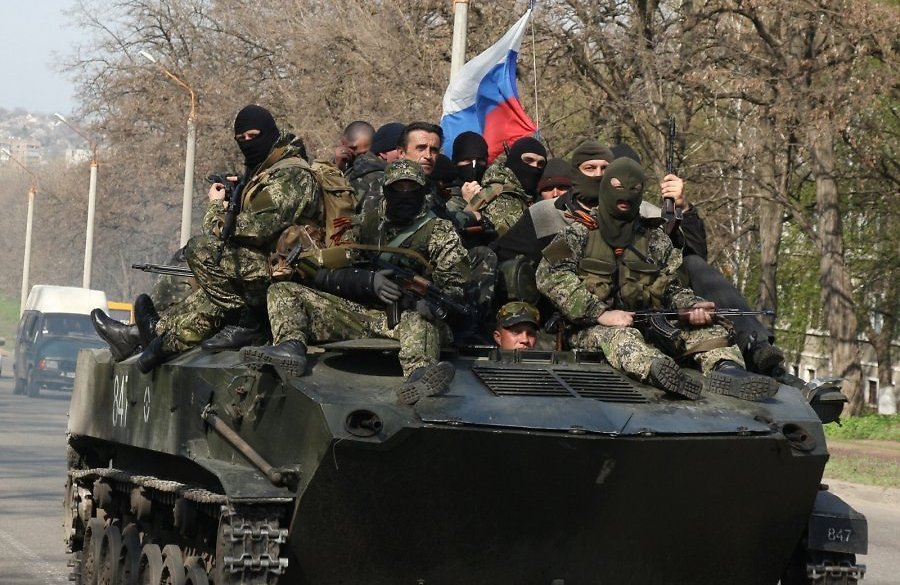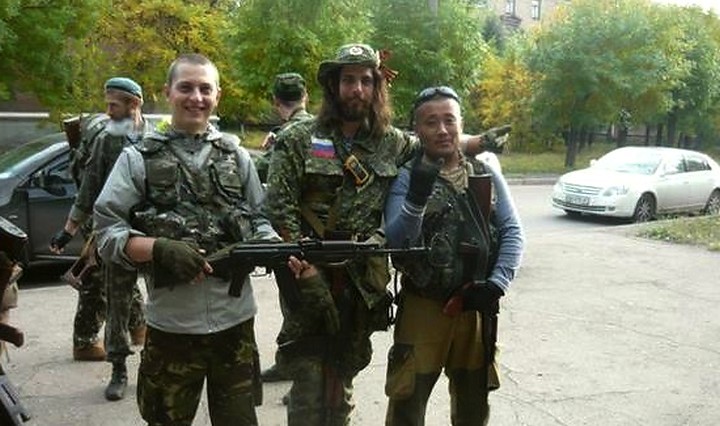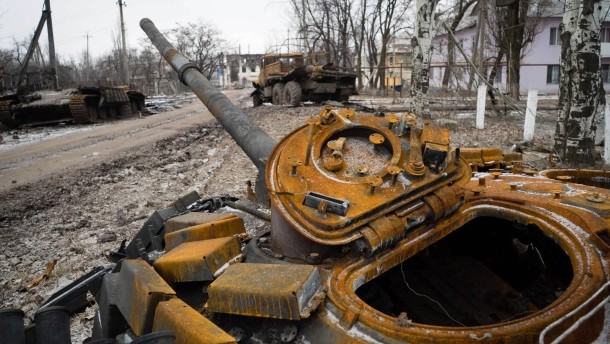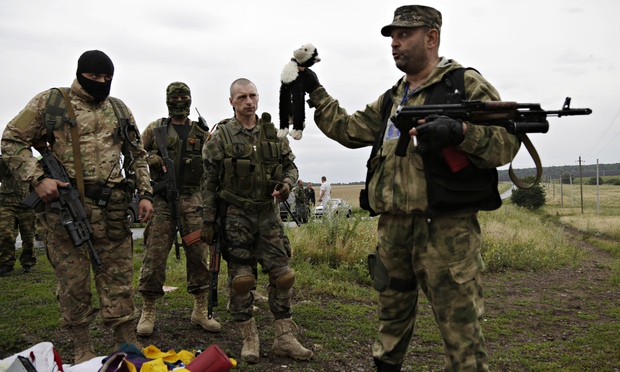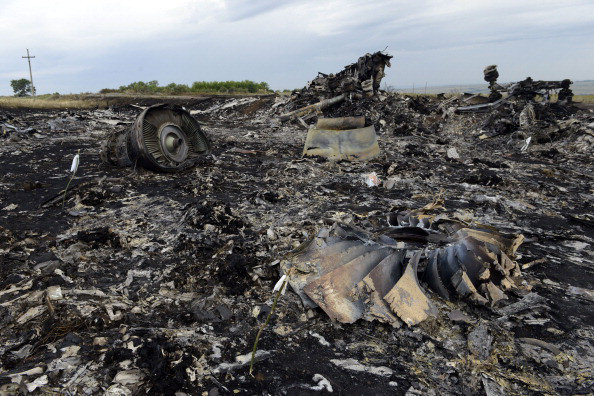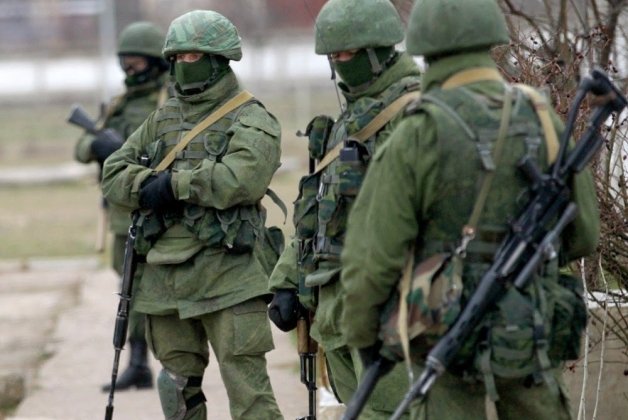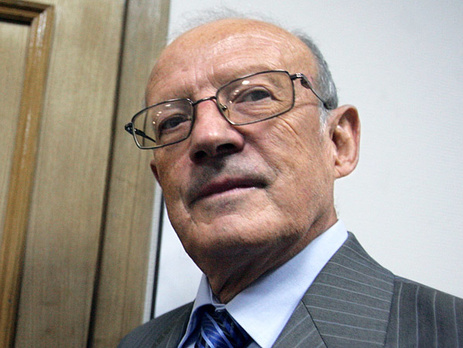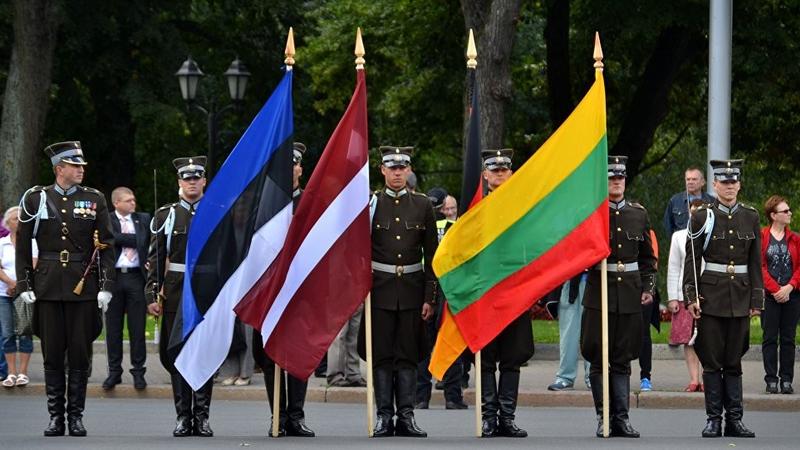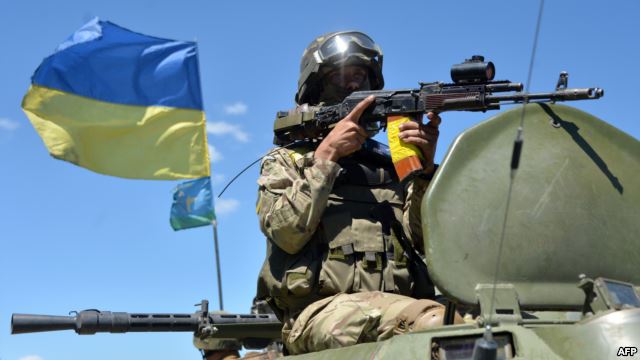Russian commentators across the political spectrum, from the most liberal to the most nationalistic, agree that Vladimir Putin achieved a significant victory for his policies in Syria and Ukraine in the course and as a result of US Secretary of State John Kerry’s visit to Moscow.

One Moscow analyst who regretfully accepts that conclusion but is thoroughly appalled by it is Andrey Illarionov who describes what took place as part and parcel of “the Munich-Minsk-Moscow process,” in which the United States in order to get an agreement has made ever more concessions to Putin.
Illarionov makes that point by listing “the brief results of the visits of J. Kerry to Moscow in December:”
First
, he writes, this marked “the end of the so-called ‘Putin isolation.’” After three meetings of Putin and Barack Obama “over the last two and a half months, after Hollande’s visit to the Kremlin and Putin’s trip to Paris, after two visits by Kerry to Russia in this year, it isn’t appropriate to speak about any international isolation of the current Russian regime.”
Indeed, Kerry himself declared that isolating Putin was not American policy. In response to a Russia Today journalist who pointed out that Obama had said about a year ago that “it is America that currently stands strong and united with the allies, but Russia is the one that’s isolated,” the US secretary of state declared that isn’t American policy.
“Now, we don’t seek to isolate Russia as a matter of policy, no. At that particular moment of time, there was an effort to try to make a statement about what had happened… Today, we met here as a matter of good diplomacy to try to solve problems, and I believe we will continue that effort in New York on Friday.”
“There is no policy of the United States per se to isolate Russia,” Kerry concluded.
Second, Illarionov continues, the US has now accepted Putin’s call for “a joint coalition of Russia and the US for ‘the resolution of common problems.” Kerry declared in Moscow that “we have consistently said that the world is better off when Russia and the United States find common ground and an ability to be able to work together.”
The top US diplomat added that “It’s a sign of the maturity of both leaders and their understanding of the importance of the role they play… There is a policy of the United States… to try to work with Russia to join together in as constructive a way as possible to, as I said a moment ago, find the common ground.”
Third
, the Moscow analyst says, despite the failure of Russia’s military operation in Syria and “the impossibility of saving the Assad regime with force alone… Putin without difficulty convinced the Nobel aspirant to shift to ‘a political process,’ to diplomatic negotiations about the preservation of Assad as head of Syria.”
Despite the fact that the US had declared many times that no solution in Syria would be possible as long as Assad remained in power, Kerry said in Moscow: “As I emphasized today, the United States and our partners are not seeking so-called ‘regime change,’ as it is known in Syria.”
Consequently, the future of Syria will now be decided not by negotiations of the Syrian opposition groups without Assad and not by negotiations in which both the opposition groups and Assad are participants but rather, Illarionov points out, by talks between Assad and “a delegation of the unified opposition,” thus tilting the outcome in his favor.
Fourth, Kerry disowned, as Moscow had already, the decision by “Muslim counties, tired of the exceptionally flexible position of the current American administration” to form “an Islamic military coalition of 34 countries” to oppose ISIS and Assad. And immediately after Kerry did so, Russian Foreign Minister Sergey Lavrov “immediately agreed” with the US secretary of state.
Fifth
, Kerry again discussed Ukraine once again with the leaders of the country that are the aggressors in Ukraine “but without the participation of Ukraine, the victim of this aggressor,” Illarionov notes.
Specifically, the US secretary of state said “I also underscored today the need to take steps with respect to the implementation of the Minsk agreements and our efforts mutually to try to bring an end to the conflict in Ukraine. We had a good discussion about Ukraine and we agreed on the spot that we will continue to grow out the bilateral process that the presidents agreed on and established recently – some months ago, as a matter of fact.”
Moreover, Kerry made it clear that from Washington’s perspective the situation in Ukraine is one in which both Russia and Ukraine are in violation of the Minsk Accords, noting that “President Putin has agreed on steps that need to be taken. The government in Kyiv also has steps that we agree need to be taken, and we intend to work hard in order to see that both sides’ obligations under this agreement are met.”
Finally, signaling just how pleased he was with his visit to Moscow, Kerry did not conceal from the public his complete satisfaction with what he had been able to achieve jointly with dear ‘Sergey’ (he used that expression five times) and with ‘President Putin’ (whom he thanked three times).” Summing up, Kerry said “so this was a productive day.”
What happened in Moscow, of course, was a classic example of what occurs when one side has a consistent policy and is prepared to wait for others to move and when the other side doesn’t and with time makes more and more concessions to the first in order to get some kind of agreement, even if it is one that violates the latter’s principles and earlier declarations.


